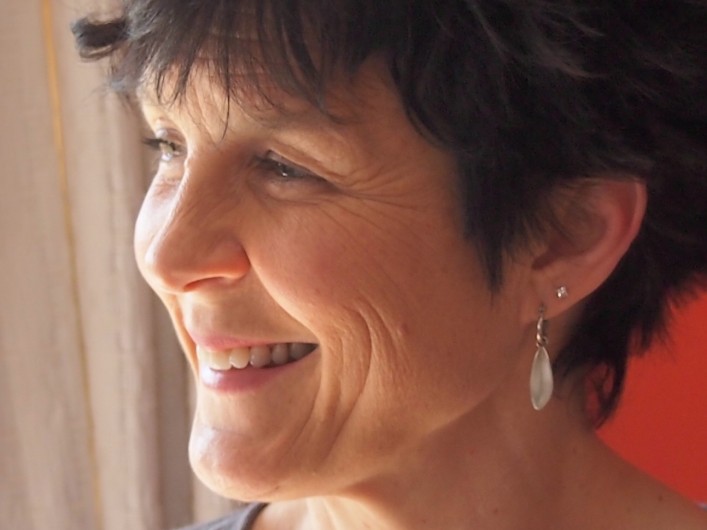
Formally announcing Catherine Cronin (@CatherineCronin) as a speaker at #OER16
For those of you who tuned into the ALT Community Call in October with conference co-chair Lorna Campbell the news of Catherine speaking at OER16 will not be new as host Martin Hawksey was able to squeeze this news out of Lorna. Catherine will be asking ‘If ‘open’ is the answer, what is the question?‘. If you are unfamiliar with Catherine’s work a short bio is included below with her session abstract. Catherine joins Jim Groom in our announced keynote and invited talks, stay tuned for more speaker updates next week (you can subscribe for updates via email or RSS from the sidebar box).
Catherine Cronin
Biography
Catherine Cronin is an educator and researcher at the National University of Ireland, Galway. She has worked as an open educator for many years, notably in #ct231 and iCollab (2011-2014), a globally networked community of students and lecturers [sic] exploring mobile and social media, digital literacies/identities, and participatory curriculum development.
Catherine’s work focuses on open education, formal/informal learning, digital and network literacies, and digital identity practices; she also has done research in the area of gender and technology. Catherine is currently working towards a Ph.D. exploring the use of open educational practices in higher education. She writes and shares her work openly, most recently collaborating with Vivien Rolfe on the GoOpen wiki. Catherine has been a keynote speaker at several recent conferences including ALT-C 2014, Irish Learning Technology Association (ILTA) EdTech, ICT in Education, and eAssessment Scotland. You can find out about what Catherine is up to on Twitter @catherinecronin and on her blog catherinecronin.wordpress.com (and occasionally on Medium).
Catherine is a New Yorker living in Galway, has postgraduate degrees in engineering and women’s studies, and has taught in the community and higher education in both Ireland and Scotland. She lived and worked in central Scotland for several years and looks forward, as always, to being back in Edinburgh for OER16.
Abstract
If ‘open’ is the answer, what is the question?
Whether we consider ourselves to be open education practitioners or researchers, advocates or critics, wonderers or agnostics, our motivating questions regarding openness are likely to be different, often very different. For example:
- How can we minimise the cost of textbooks?
- How can we help students to build and to own their content and portfolios?
- How might we support and empower learners in making informed choices about their digital identities and digital engagement?
- How might we build knowledge as a collective endeavour?
- How can we broaden access to education, particularly in ways that do not reinforce existing inequalities (Czerniewicz, 2015)?
Openness may help us in addressing such questions. Engaging with the complexity and contextuality of openness is important, however, if we wish to be keepers not only of openness, but also of hope, equality and justice (McMillan Cottom, 2015). With the help of others, Catherine will explore some of these broader questions and critical approaches to openness, as well as sharing results from her research exploring how educators conceptualize openness and open educational practices (Beetham, et al, 2012).
References
Beetham, H., Falconer, I., McGill, L., & Littlejohn, A. (2012). Open practices: Briefing paper. JISC.
Czerniewicz, L. (2015). Confronting inequitable power dynamics of global knowledge production and exchange. Water Wheel 14(5), pp. 26-28.
McMillan Cottom, T. (2015). The access paradox: Can education expansion balance access with equity. Keynote address at International Council for Open and Distance Education, University of South Africa. October 2015.
